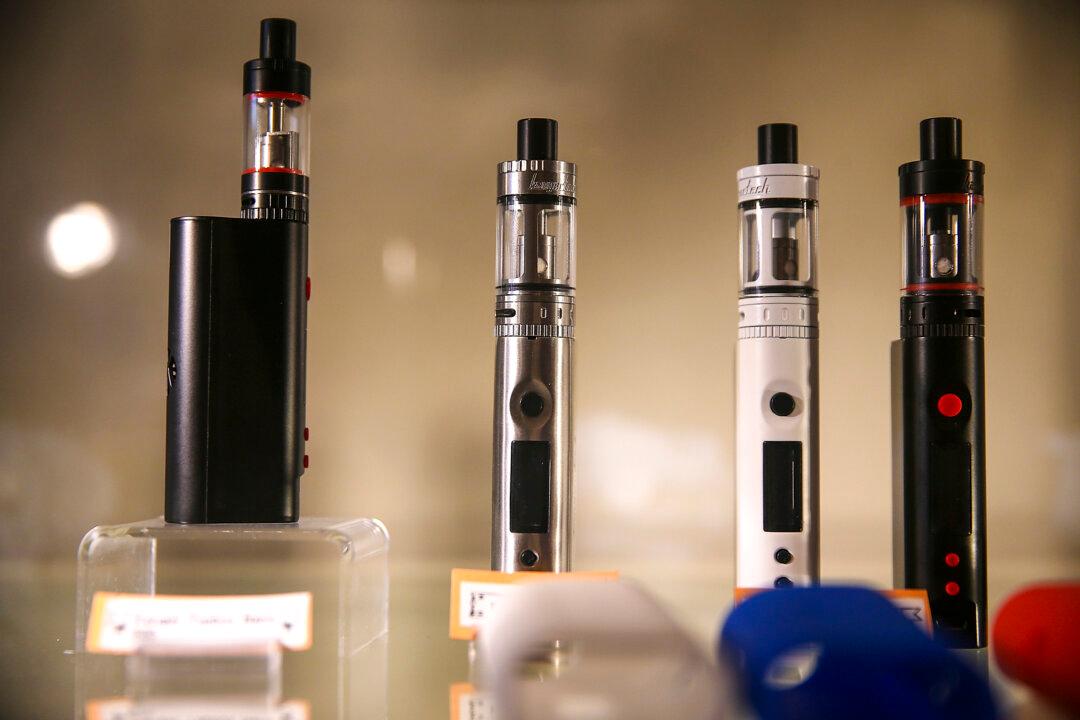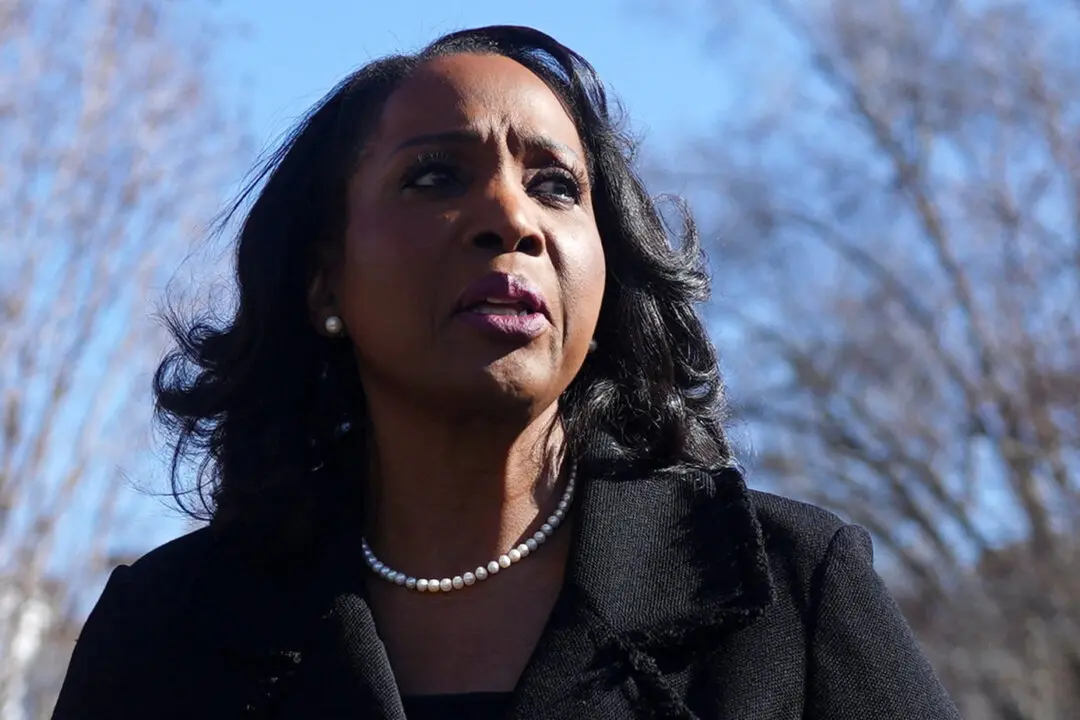The Supreme Court said on July 2 that it would hear cases related to the Food and Drug Administration’s approval of e-cigarette products, as well as porn sites’ challenge to a Texas law requiring age verification by prospective users.
Both cases are coming out of the U.S. Court of Appeals for the Fifth Circuit and raise questions about government attempts to address public health concerns related to minors.





